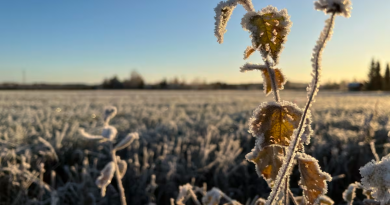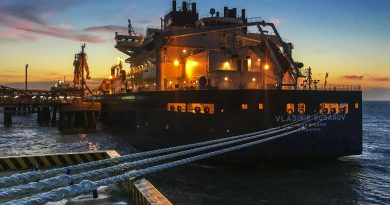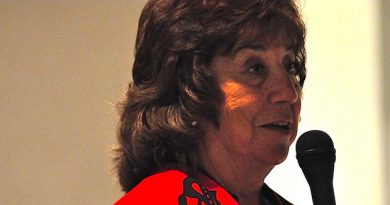EU reaffirms Greenland’s right to decide its future amid rising Arctic tensions

The European Union threw its full support behind Greenland’s sovereignty at the European Parliament on Tuesday, with High Representative Kaja Kallas stressing that the international community must respect borders, uphold national independence, and stick to the rules that have kept the West peaceful and prosperous for decades.
“Any decisions over Greenland’s future should be decided in the same way: by the people of Greenland,” Kallas said in the broadcast speech.
“Greenland and Denmark have both emphasised this. Because the only way to maintain the rules-based world order is the full respect of the principles of sovereignty, territorial integrity and sanctity of borders. ”
Kallas’s remarks came just two days after U.S. President Donald Trump made headlines with comments on Greenland.
In an interview with NBC, Trump stated it was ‘highly unlikely’ that the U.S. would use military force to take over Greenland, though he refused to rule it out entirely.
“Something could happen with Greenland,” Trump said. “To be honest, we need [Greenland] for national and international security.'”
EU-Greenland partnership highlighted
Greenland is not part of the E.U. or the single market, but Kallas highlighted the EU’s long-standing ties with the island, which, as an Overseas Country and Territory, receives EU support in things like education, renewable energy and security.
“The EU’s collaboration with Greenland is the highest by far [among] Greenland’s international partners: around 4 per cent of the government’s budget,” she said.
“And the EU will continue to invest in Greenland, in this mutually beneficial, values-based partnership.”
The groundwork has already been laid, the High Representative said, pointing the opening of an EU Office in Nuuk by European Commission President Ursula von der Leyen in March 2024.
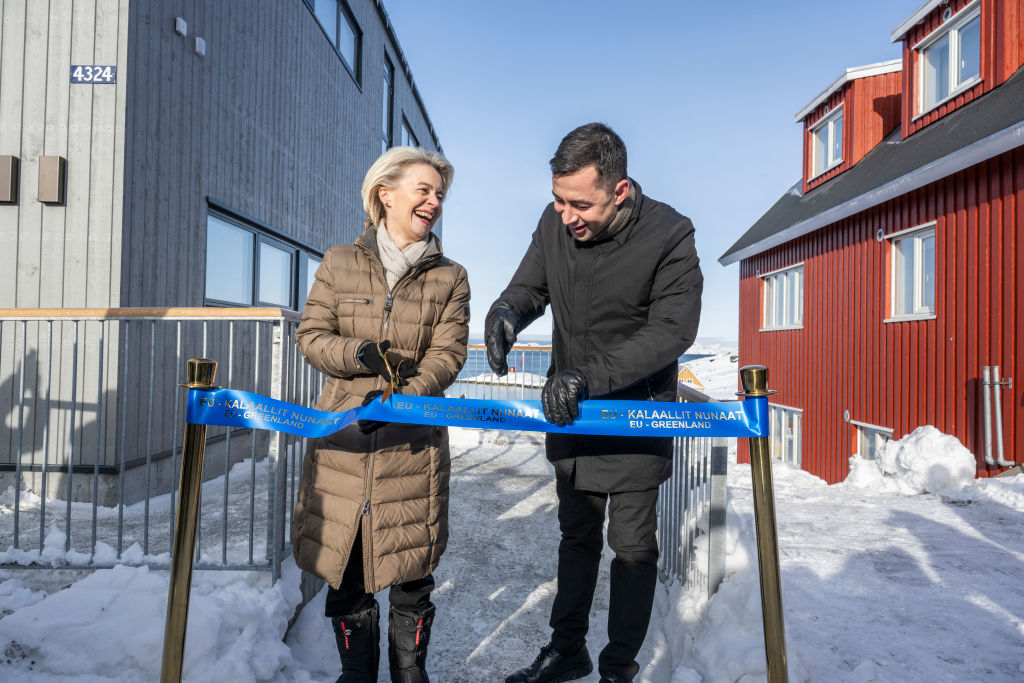
Kallas said the office will ensure ongoing collaboration, promote public and private investments as well as deepening partnerships in raw materials, renewable energy, biodiversity and conservation.
The Arctic is increasingly on the EU’s radar, Kallas said, as global dynamics shift. With Denmark set to assume the chairmanship of the Arctic Council next week, Greenland will take a central role in shaping the future of Arctic governance.
“We welcome the particular focus on strengthening the participation of Indigenous Peoples and the inclusion of Indigenous Knowledge in the cooperation across the Arctic,” she said referencing the Kingdom of Denmark’s chairmanship program.
‘Security concerns must be taken seriously’
Kallas made it clear that the EU’s support for Greenland is more crucial than ever as new geostrategic challenges heat up in the Arctic.
While the region isn’t facing direct military threats, Kallas warned that security risks are on the rise. The ongoing geopolitical tensions—especially after Russia’s invasion of Ukraine—combined with new technologies, economic concerns, and even the sabotage of submarine cables, mean that the Arctic can’t be taken for granted.
To tackle these growing threats, the EU is ramping up cooperation with NATO and key Arctic partners like Iceland, Norway, and Canada, Kallas said.
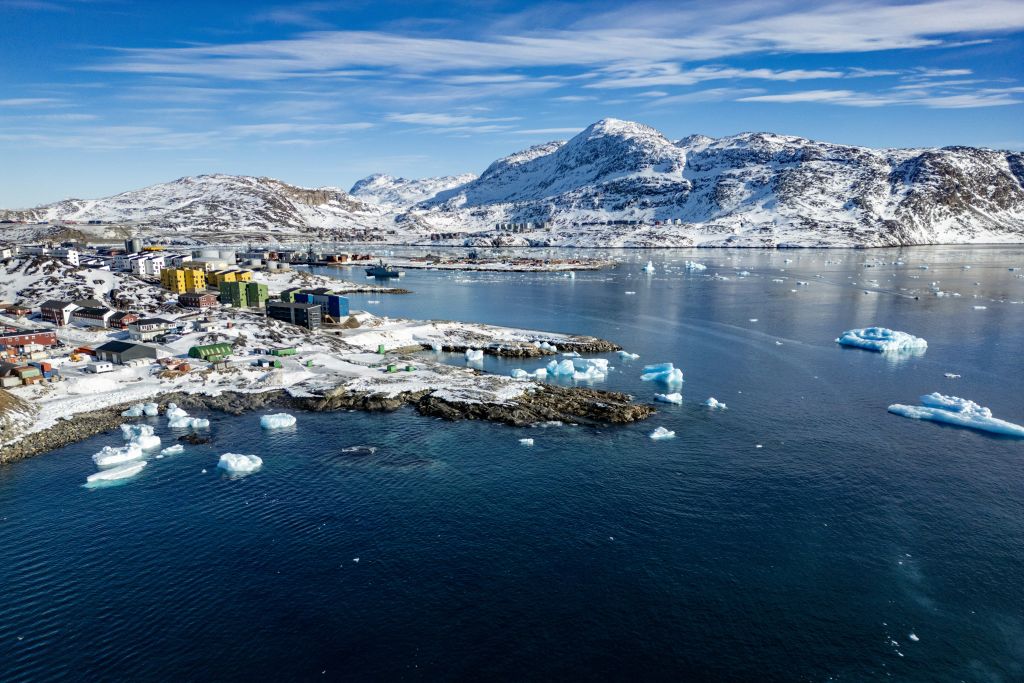
The situation is made even more complex by the rapid environmental changes in the Arctic, where temperatures are rising up to four times faster than the global average. While these shifts could open up new shipping routes and access to valuable resources, Kallas stressed that they also bring a dangerous mix of opportunity and risk—fueling tensions and putting the region’s stability at risk.
The EU Arctic policy will play a key role in maintaining stability in the region, Kallas said, highlighting its broad approach that covers everything from maritime security to regional development. This strategy, she added, is crucial for laying the groundwork for Arctic stability amid the growing pressures of climate change and shifting geopolitics.
“We remain committed to addressing the security risks driven by both climate change and global tensions,” Kallas said.
Comments, tips or story ideas? Contact Eilís at eilis.quinn(at)cbc.ca
Related stories from around the North:
Canada: Arctic sovereignty, defence on the minds of many Yukon voters, CBC News
Denmark: Denmark’s king visits Greenland in show of unity amid Trump interest in territory, The Associated Press
Finland: US, Norwegian forces in Lapland for rapid reinforcement exercise, The Independent Barents Observer
Greenland: Arctic Economic Council, municipal group, support Denmark’s Arctic Council priorities, Thomson Reuters
Norway: Trump slaps tariffs on Arctic islands with almost no export, CBC News
Sweden: Swedish defence working on developing military drone force, Radio Sweden
United States: Greenland ‘Freedom City?’ Rich donors push Trump for a tech hub up north, Reuters

